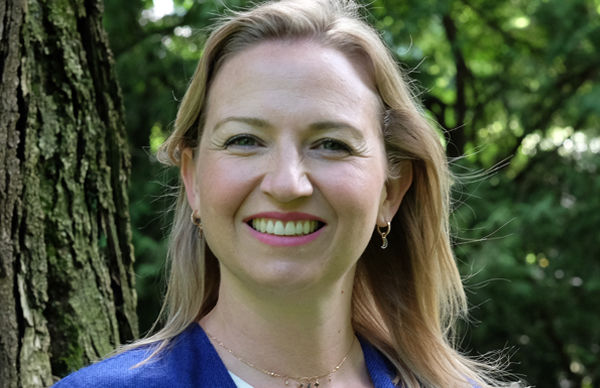
Josefina Echavarría Álvarez
Co-Director of the Research Centre for Peace and Conflict and Senior Lecturer at the University of Innsbruck
Kroc Institute Scholar in Residence
“Arts for Healing and Reconciliation in Colombia: A Research Proposal Toward the Analysis of Truth-Seeking Methods and Processes”
By virtue of the 2016 Peace Agreement between the Colombian government and the FARC-EP, a truth commission was created in Colombia. Charged with contributing to a peaceful coexistence, the commission is working toward the publication of a final report to provide contextual accounts of the violence during the decades-long armed conflict and offer recommendations for building sustainable peace. Since the signing of the accords, however, more than 700 social and human rights’ leaders have been assassinated, more than 40 former guerrillas have been murdered, and public policy obstacles for implementation of the accord continues to grow.
In this context, the commission is increasingly relying on the use of arts-based methods of conflict transformation. Experts’ artistic expressions, such as professional photography installations and monuments in strategic government centers, are being accompanied by other artistic practices of healing and reconciliation in less formal ways and by persons without a professional background who take part in voice-, breath- and movement-oriented methods, such as singing, painting, and theater performances. Artistic practices and truth-seeking are intersecting in highly relevant ways, providing a vivid and current example of how arts are not peripheral but central to processes of healing and reconciliation.
This lecture will present results of qualitative research conducted in Colombia in early 2019 on three artistic practices: an auto-ethnographic exercise through a photographic exhibition, a semi-structured interview with the director of two documentaries, and a conversation with a group of female artists. Preliminary results suggest that arts-based truth-seeking methods are part of a larger process of strategic peacebuilding, in which deeper transformations in the epicenter of conflict are being elicited by a diverse and transnational group of actors and actresses. More than results, this exploration serves to delineate a new research landscape yet to be discovered.
Originally published at kroc.nd.edu.